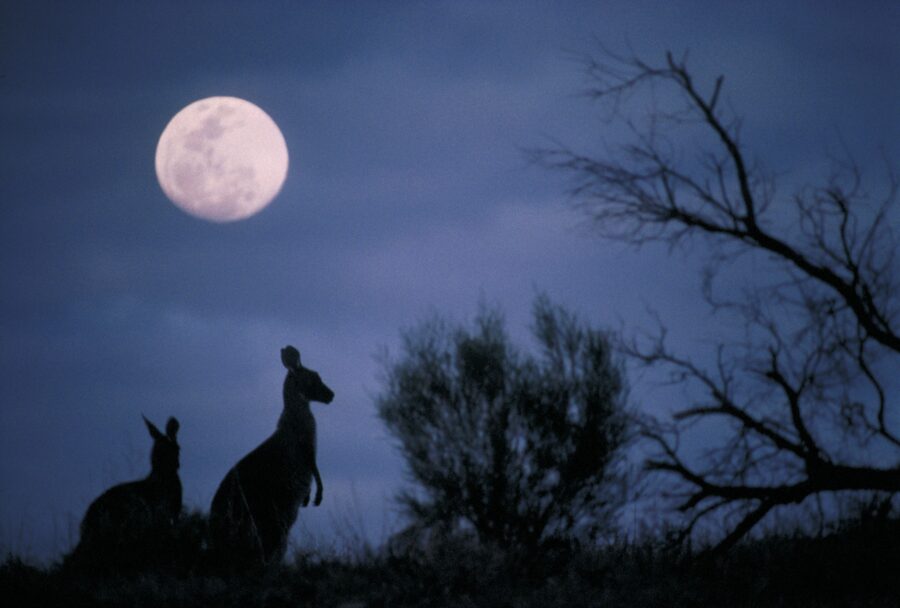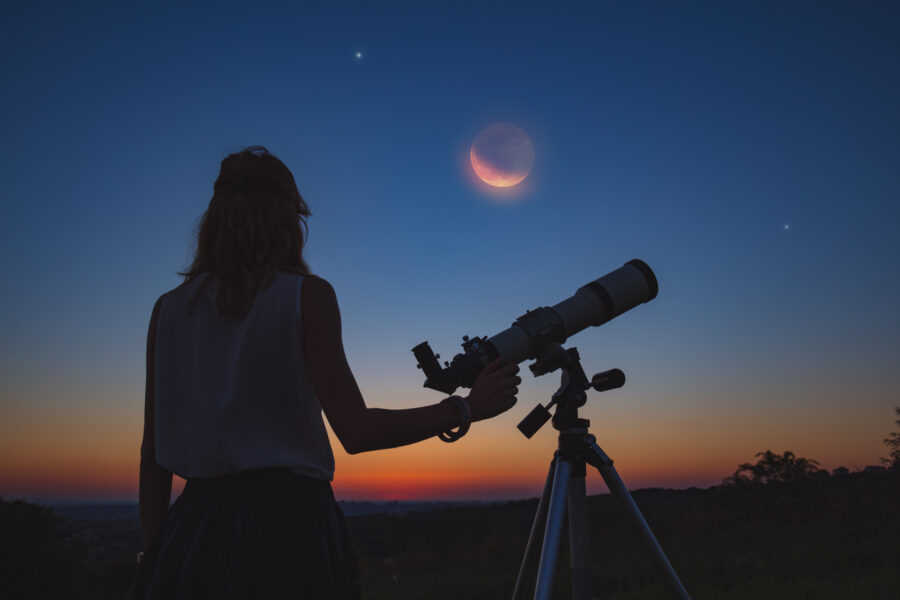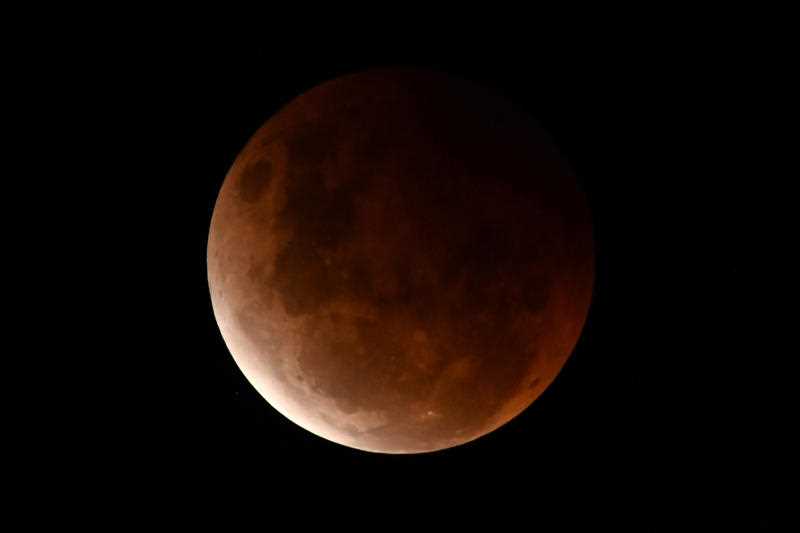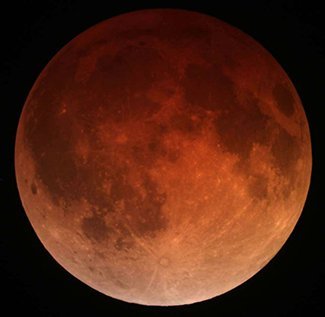
Moonstruck: How lunar light influences animal behaviour
Lunar animal research is receiving the technological and methodological breakthroughs necessary for the next wave of intriguing findings.

Lunar animal research is receiving the technological and methodological breakthroughs necessary for the next wave of intriguing findings.

Total, partial, and penumbral – the different types of lunar eclipses can be confusing. Find out what each means, and how the phenomenon occurs in the first place.

Astronomer Professor Richard de Grijs from Macquarie University explains all the upcoming celestial events visible from Australia this year, and the best dates and times to see them:

Tuesday night (8 November) will be the last chance to see a Blood Moon in Australian skies until 2025.
On Saturday, 28 July, Australia will have front-row seats to the rare astronomical event.

The last total lunar eclipse to be seen in Australia for three years will show a blood moon for Easter

Don’t miss the second total lunar eclipse of 2014 which will paint the moon orange across most of Australia
A total lunar eclipse happens at twilight in Australia on April 15 and will likely produce a blood-red moon.